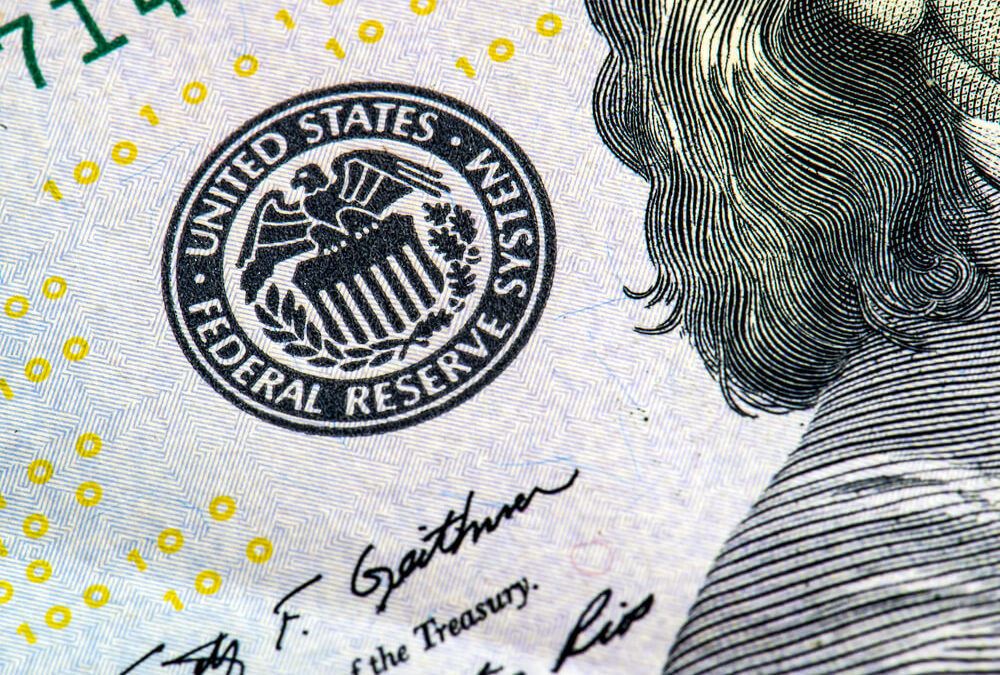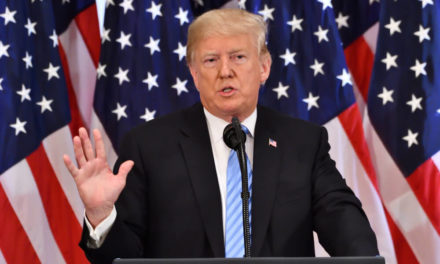The Federal Reserve is expected to end its latest policy meeting Wednesday by refining its new overarching message that it plans to be “patient” about any further interest rate hikes.
The Fed is all but sure to keep its key short-term rate in a range of 2.25 percent to 2.5 percent, still low by historical standards. And most analysts think the policymakers will scale back their projection of rate hikes this year from two to one or perhaps even none.
The central bank’s new theme of patience and flexibility reflects its calming response since the start of the year to slow economic growth at home and abroad, a nervous stock market and persistently mild inflation. The Fed executed an abrupt pivot when it met in January by signaling that it no longer expected to raise rates anytime soon.
The shift toward a more hands-off Fed and away from a policy of steadily tightening credit has pleased investors and encouraged the view that the central bank is done raising rates for now and might even act this year to support rather than restrain the economy.
Besides issuing a new policy statement Wednesday, the Fed will provide an updated economic outlook and Chairman Jerome Powell will hold a news conference. Powell is expected to note that while the U.S. economy is on firm footing, it faces risks from slowing growth and trade conflicts. Against that backdrop, the thinking goes, it would be unwise to keep raising rates.
There is also anticipation that the Fed will specify when this year it expects to stop shrinking its huge portfolio of bonds, part of its balance sheet. Doing so would help keep a lid on loan rates.
All of which suggests that the Fed may recognize that it went too far after it met in December. At that meeting, the Fed approved a fourth rate hike for 2018 and projected two additional rate increases in 2019. Powell also said he thought the balance sheet reduction would be on “automatic pilot.”
That message spooked investors, who worried about the prospect of steadily higher borrowing rates for consumers and businesses and perhaps a further economic slowdown. The stock market had begun falling in early October and then accelerated after the Fed’s December meeting.
President Donald Trump, injecting himself not for the first time into the Fed’s ostensibly independent deliberations, made clear he wasn’t happy, calling the December rate hike wrong-headed. Reports emerged that Trump was even contemplating trying to fire Powell, who had been his hand-picked choice to lead the Fed.
But after the December turmoil, the Fed in January began sending a more comforting message. At an economic conference soon after New Year’s, Powell stressed that the Fed would be “flexible” and “patient” in raising rates — a word he and other policymakers have invoked repeatedly since — and “wouldn’t hesitate” to change course if necessary.
Powell, appearing last week on CBS’s “60 Minutes,” denied that pressure from Trump had influenced the Fed’s policy shift. Private economists generally agree that a slowing economy and a sinking stock market, which eased Fed worries about any possible stock bubble, were more decisive factors.
Economists expect the Fed’s updated forecasts to downgrade its estimate of growth in light of a slowdown in manufacturing and retail, sluggish housing and construction activity and global pressures, including an ongoing trade war.
After sharply falling in December, stocks have rallied and recouped most of their late-year losses in trading since the start of 2019, a rebound credited larger to the Fed’s easier monetary stance.
Some analysts say they think the Fed won’t raise rates at all this year if the outlook becomes as dim as they are forecasting.
That view is supported by the CME Group, which tracks trading in futures contracts on the Fed’s benchmark rate. It says traders now put the probability of any Fed rate hike this year at zero and project a one-in-four chance that the Fed will actually cut rates by year’s end to help prevent a slowing economy from toppling into a recession.
© The Associated Press. All rights reserved.




